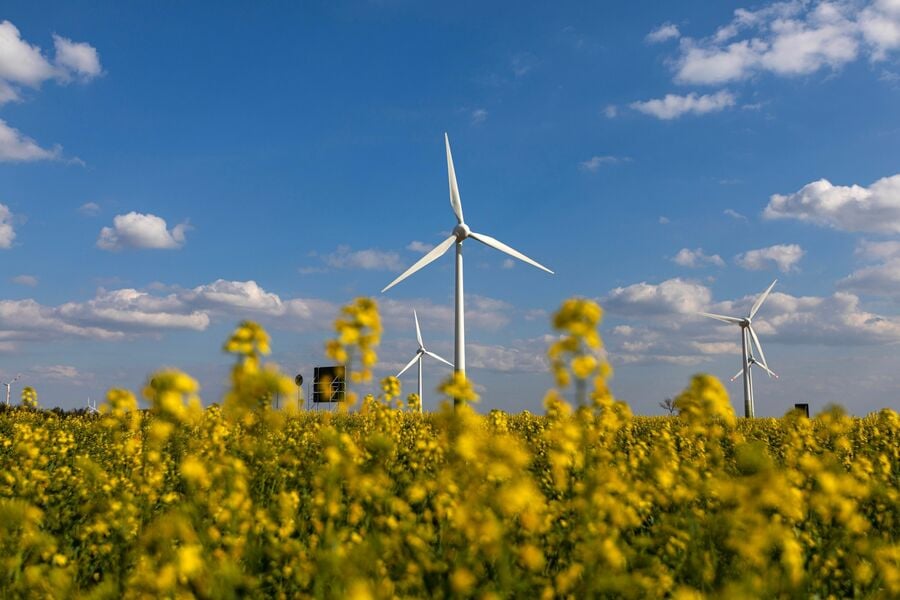

Vanguard Group Inc. is expanding its offering of passive ESG funds in Europe, betting its approach of excluding controversial industries will appeal to investors confused by other more complex products touting environmental, social and governance metrics.
The $7.5 trillion investing giant will offer two exchange traded funds tied to indexes that track large corporates and small- to medium-sized businesses in both Europe and the U.S. The additions bring to 11 the number of index-tracking funds offered in the EU and the U.K. that screen out things like weapons manufacturers, oil and gas producers, as well as firms that violate human rights.
“We want to give investors more options to build out ESG portfolios,” Fong Yee Chan, head of the firm’s ESG strategy for Europe, said in an interview. “It’s a part of our long-term strategy to enable our clients to reflect their ESG preferences into their portfolios, in addition to single products.”
Vanguard is adding the ESG ETFs as the finance industry adapts to new EU rules introduced this month requiring firms to ensure they know retail investors’ sustainability preferences and offer appropriate ESG products. The requirements are part of EU efforts to retool its economy as extreme floods, fires and droughts provide glaring evidence of climate change’s disastrous effects.
The new requirement — part of the EU’s revised Markets in Financial Instruments Directive — could boost ESG investing further, according to industry researcher Morningstar. That’s as asset managers dedicate more resources to targeting retail investors who are often bewildered by the huge array of products available under the ESG label.
“There has been a lot of noise and a lot of new ESG products that have been launched into the market,” Chan said. “For the retail investors, this can be confusing.”
Vanguard plans additional ESG funds, and is looking into launching a climate-related product, said Chan, who works with investment teams to embed ESG considerations into their decision-making.
The strategy of exclusion makes the ESG goals of a product clear, she said. That helps ensure the products don’t run afoul of regulators who are cracking down on fund managers that promise more than their ESG products can deliver. The new ETFs are both classified as so-called Article 8 funds within the EU’s Sustainable Finance Disclosure Regulation, meaning they “promote” ESG characteristics.
The additions are the latest in Vanguard’s offering of ESG products, as the company responds to demand from investors. It began selling four actively managed ESG products in Europe in December, and this week brought to seven the number of US-domiciled funds.

While industry statistics pointing to a succession crisis can cause alarm, advisor-owners should be free to consider a middle path between staying solo and catching the surging wave of M&A.

New joint research by T. Rowe Price, MIT, and Stanford University finds more diverse asset allocations among older participants.

With its asset pipeline bursting past $13 billion, Farther is looking to build more momentum with three new managing directors.

A Department of Labor proposal to scrap a regulatory provision under ERISA could create uncertainty for fiduciaries, the trade association argues.

"We continue to feel confident about our ability to capture 90%," LPL CEO Rich Steinmeier told analysts during the firm's 2nd quarter earnings call.
Orion's Tom Wilson on delivering coordinated, high-touch service in a world where returns alone no longer set you apart.
Barely a decade old, registered index-linked annuities have quickly surged in popularity, thanks to their unique blend of protection and growth potential—an appealing option for investors looking to chart a steadier course through today's choppy market waters, says Myles Lambert, Brighthouse Financial.
